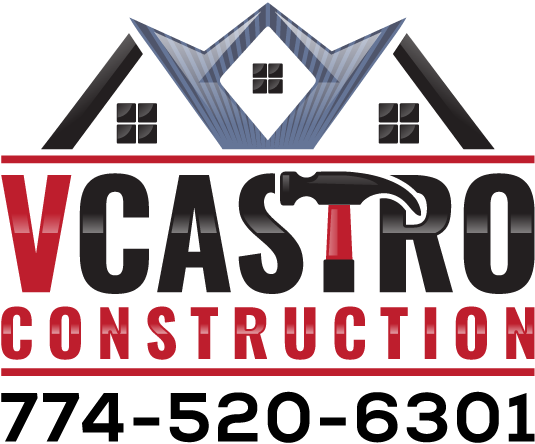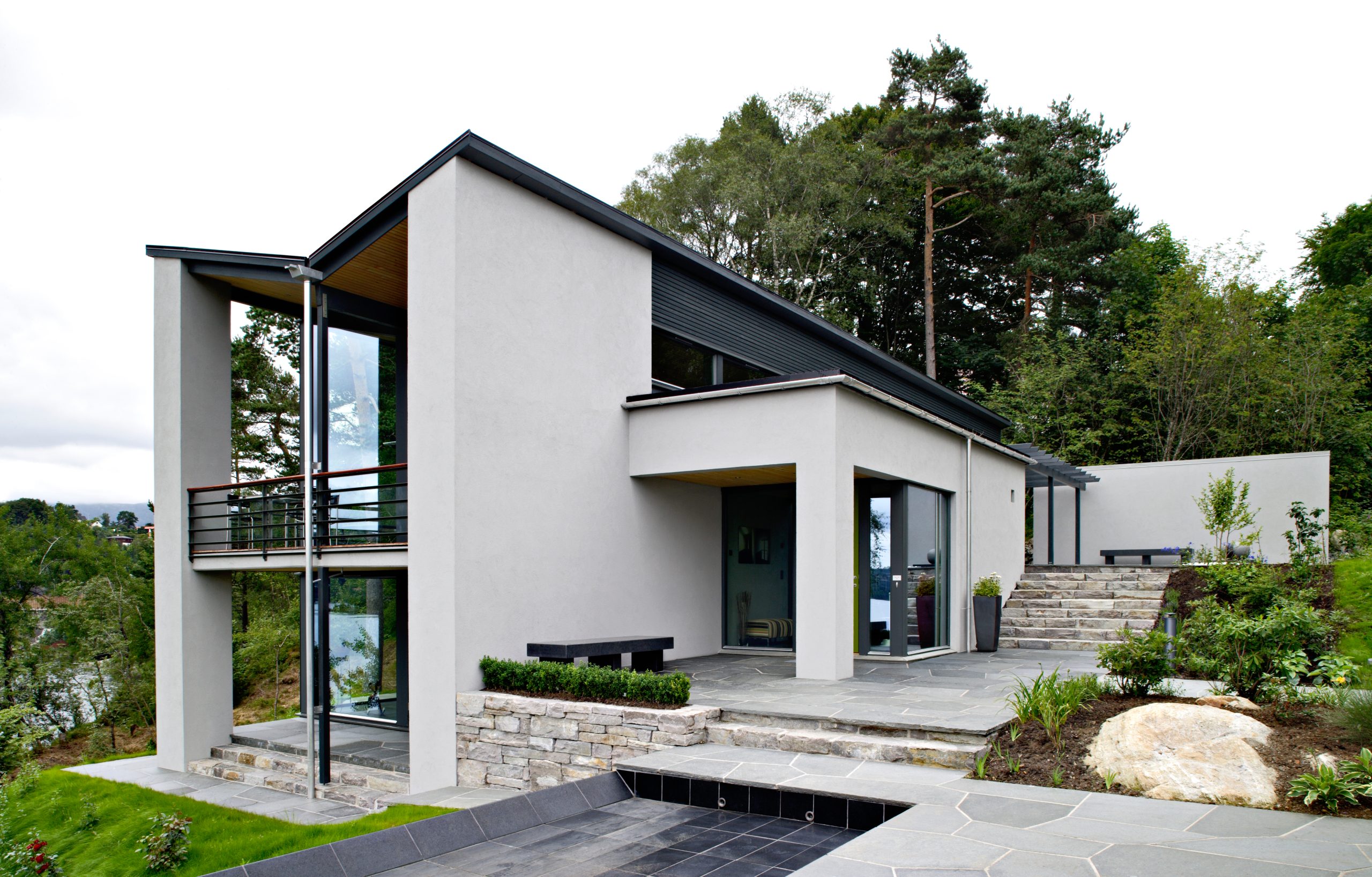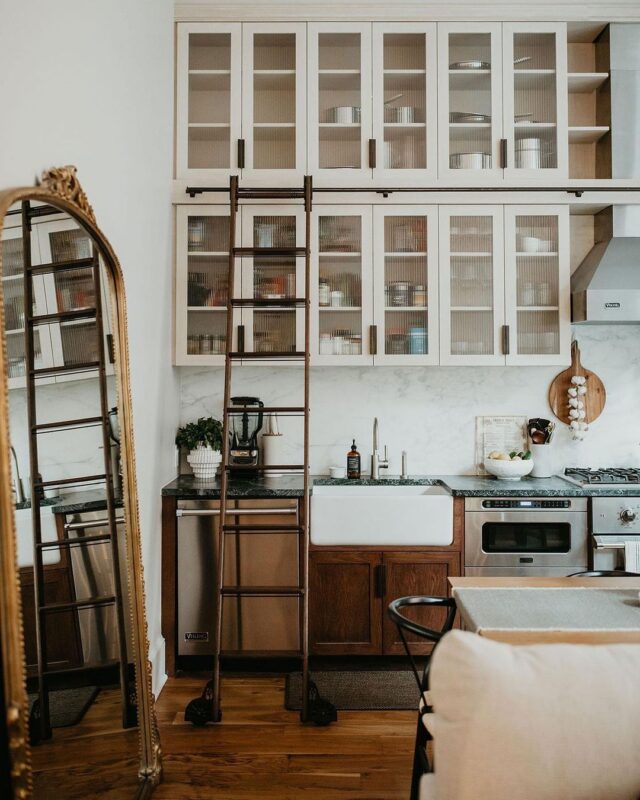In many cases, it’s easy to tell the difference between good flooring and bad flooring. However, things get a little more complicated when you consider the role of flooring in design.
Technically, wood is a very simple building material, but it quickly becomes very complicated when it comes to type, color, grain, finish or installation.
The main concern is of course aesthetics, but the choice of wooden floor also depends on how the floor will be used, the finish and the overall vision of the space. As per expert from VLAC General Constructions they shared few key point to increase the lie line of floor by designing interiors. For example, parquet is not a perfect solid wood, but it is suitable for underfloor heating. All these details are important when planning the perfect home. Width of wooden floorboards
In the past, 2-3 inch wide strips were the standard for nearly all hardwood floors. Today, however, wide planks are a more popular trend. They convey a sense of luxury and space, inviting continuity and fluidity into the space.
As a result, the current standard is 4 to 6 inch planks. Some designers are leaning towards 7 inches or more.
Wide Plank Wooden planks have few seams. However, over time the wood will stretch and contract, making these seams more visible.
Grain Choice of
wood grain does not directly affect strength or longevity, but the aesthetic impact should not be underestimated.
Architects must be very descriptive in describing the range of materials they plan to use in the space. I should also welcome any insight as to which grit pattern works best. Broadly speaking, there are three different ways to saw a log. In each he creates 3 different grain patterns.
The most traditional wood grain with a wavy pattern comes from single sawnwood. Rift sawnboards feature long, straight grains similar to quarter sawn boards.
Flooring
Whether it’s wood stain, wax or varnish, the surface of the wood will obviously affect the look and feel of the floor.
Architects need to know all the options they have so they can make informed decisions.
In addition, when purchasing planks, you can receive them unmachined for professional finishing on the spot. You can buy them with pre-applied stains or top coats, the latter of which designers and architects actually research in advance what to buy.
However, Spot Finish gives you more control over the stain and how it is applied. You can customize the final product to your liking. Various types of parquet surfaces
The type of wood floor surface treatment enhances the final appearance of the wood grain and ensures future protection.


